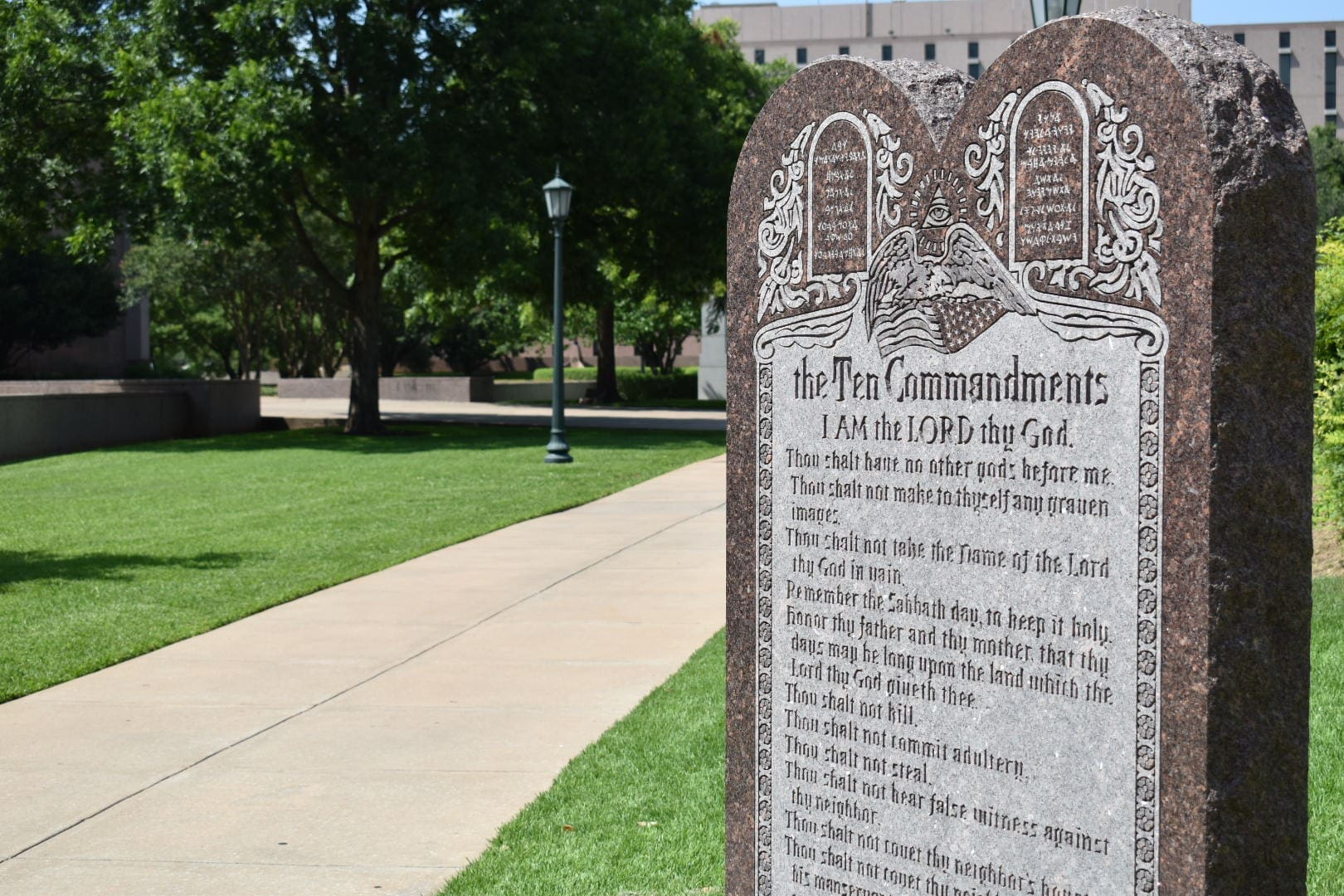Texas Tech’s architecture library collection houses books that espouse critical race theory in a section called “Social Justice and the Built Environment.”
The diversity, equity, and inclusion push in university library collections could be attributed to a 2022 research report by Texas Tech librarians on how to support DEI research through library collections.
Research team members Sara Schumacher, Kimberly Vardeman, Donell Callender, Marina Oliver, and Hillary Veeder are current Texas Tech library staff.
Researchers concluded that the lack of “DEI award” books at Texas Tech was “large enough to warrant discussions about collection development practices and what workflows might be implemented to increase [their] acquisitions of DEI award titles.”
One strategy mentioned in the report was for librarians to partner with departmental faculty to identify DEI research gaps in their fields and recommend library resources.
“Our society increasingly calls for everyone to question the ways that privilege power structures marginalize individuals and communities,” the report reads on page 6. “DEI studies have continued to grow in prominence and popularity on academic campuses. Academic libraries need to be prepared to assess their collections and services that support this DEI-related learning and research.”
DEI titles have since been added across various library sections at Texas Tech, but the most prevalent and unexpected is in the architecture library.
On the library’s website, the research section titled “Social Justice and the Built Environment” uses categories and resources provided by the Association of Collegiate Schools of Architecture (ACSA) and the American Institute of Architects. Both organizations have released statements on their commitment to the advancement of “equity.”
Expanding on the ACSA’s series “Where are My People?” the library includes tabs on books about each race in relation to architecture. Sections include Black in Architecture, Hispanic/Latinx in Architecture, Asian/Native Hawaiian/Pacific Islander in Architecture, Native American/First Nations/Indigenous in Architecture, and Middle Eastern/Northern African in Architecture.
Each link leads to a list of resources on that particular topic.
For example, the first link on the Blackness and the Built Environment list is “Building Black: Towards Antiracist Architecture.” The book’s summary describes the work as critiquing Western culture and “propos[ing] the construction of a Black radical position: building islands of resistance against the expanding sea of imperial architecture.”
“It is only the abandonment of spacetime that will finally have initiated the World-ending project of Black radicalism. The abandonment of spacetime is the removal of the World-forming institution of Architecture from the social planning practice of building,” the book reads on page 223.
Additional book titles listed by Texas Tech librarians include “White Papers, Black Marks”—a collection of essays on how race is “manifested” in a built environment—“The Black Experience in Design,” “Structural Inequality,” and “A Gendered Profession.” Another called “Spatializing Blackness” studies the “racialization of space.”
Sections unrelated to race include “Gender and Sexuality & the Built Environment” and “Climate and Environmental Justice Issues.”
A book in the gender section called “Black Turtleneck, Round Glasses” examines “structural causes” that discourage women from pursuing careers in the “white cis-man” dominated field of architecture.
Texas Scorecard recently reported on Texas A&M-San Antonio—another university using its research libraries to highlight critical race theory and DEI.
Senate Bill 17 went into effect in January and prohibits universities from establishing a DEI office, using DEI criteria in their hiring practices, or requiring employees or prospective employees to attend DEI training. However, it does not apply to academic instruction.
Texas Tech, like other public universities in Texas, is governed by a board of regents that is appointed by the governor and confirmed by the state Senate. All members of Texas Tech’s Board of Regents have been selected by Gov. Greg Abbott.
Texas Scorecard will continue to examine higher education in the state. If you or anyone you know has information regarding universities, please contact our tip line: scorecardtips@protonmail.com.





